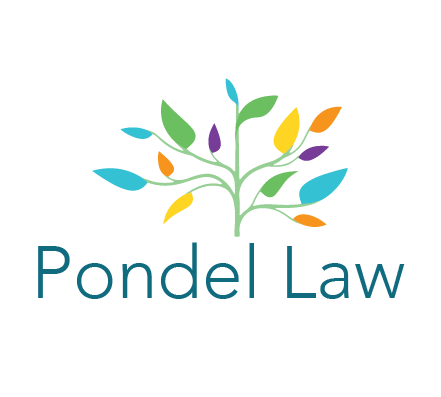 As we find ourselves in the beginning of another school year, The Family Equality Council is trying to raise funds and awareness about issues surrounding children of LGBT households and issues that they face in school.
As we find ourselves in the beginning of another school year, The Family Equality Council is trying to raise funds and awareness about issues surrounding children of LGBT households and issues that they face in school.
In a publication entitled “Opening Doors: Lesbian, Gay, Bisexual, and Transgender Parents and Schools” the Family Equality Council discusses the role LGBT parents can play in their child’s education as well as helping to open the door to a safe, more inclusive world for all families.
Making schools a safe place for all children is a complex task and has far reaching implications. Now is the right time to consider the issues of LGBT-headed families, as many school systems are examining their policies and practices and officially declare that they will not tolerate discrimination.
Especially helpful for this time of year, there is a section of the booklet titled; “How LGBT Parents Can Help With Their Children’s Education” and we’ve reprinted the following tips below. For more stories from children, parents, teachers, facts and information, click here to view the entire booklet on the Family Equality website.
Determine your level of comfort in being open. For a variety of reasons including custody issues, job security and personal safety; you may choose to be less open. Become as empowered and informed as you can so that when an opportunity arises you will be prepared to take a step.
Be as open as possible about your relationship. School personnel cannot be supportive of family constellations about which they have no knowledge. If you choose to label the other same-sex adult as an “aunt”, “roommate”, etc., the school will not know there are LGBT-headed families in the school or community and they may see no reason to incorporate any information about them into the curriculum.
Find a way to contribute to your children’s school community. The single best way to become accepted in a school community is to establish a presence within it. Devote as much time as you can spare - at least a few hours over the course of the school year - to PTA meetings, committees, classrooms, trips, tutoring or potlucks. Let people get to know you and your children as individuals. Don’t be limited by labels or stereotypes.
Provide your children’s school with appropriate language and resources. Tell the teachers who is in your family and the names your children use to identify them and provide a glossary of correct terms for LGBT families. Give the library a list of books, videos, and other educational materials and encourage school administrators and librarians to purchase these materials for the school.
Seek to create support from other LGBT parents and/or organizations. You may find that you are not the only LGBT parent(s) in the school or in the area. You may believe you are, but if your relationship is hidden, the same may be true for others. To get a list of local organizations and family activities, visit the Family Equality Council website at www.familyequality.org.
Advocate for your child, but do so in a manner that respects the world of the school personnel. Schools have hundreds of children to educate, ever-shrinking budgets to juggle and people’s careers to manage. Most schools want to accommodate all children and all families in the best way possible, but please keep in mind that your child’s needs are not the school’s only concern. Also remember that ignorance does not necessarily equal homophobia or transphobia; just because a school hasn’t addressed LGBT family issues, doesn’t mean it won’t address them if asked to. If you approach educators with information, confidence and patience, they are much more likely to be receptive to your messages than if you charge in with anger and defensiveness.
Be sensitive to the ever-changing needs of your child. At some point children need to be given a certain amount of control over what, when and to whom things are said. Pay attention to his/her signals and consult with your child/ren about these issues.
For more information about LGBT legal issues including domestic partnerships, domestic partner adoption, parenting plans, custody matters or domestic partnership dissolution, call our office at 310.598.6428 or email info@kestenlaw.com.












